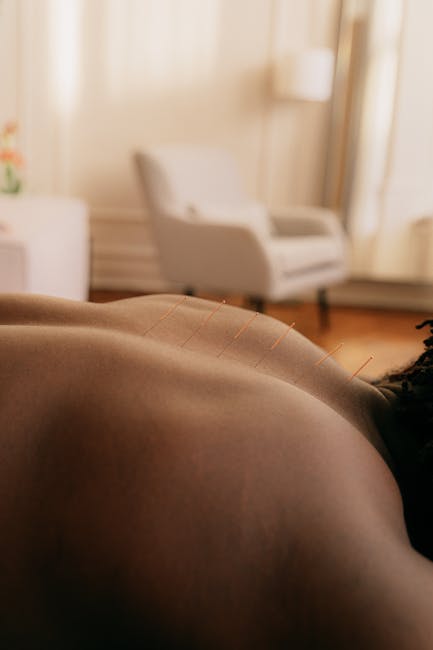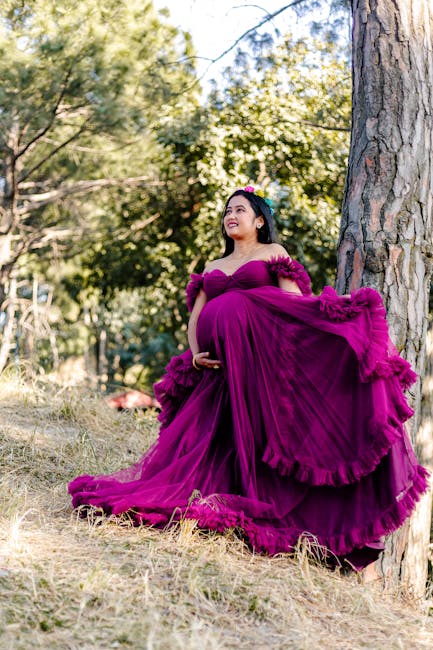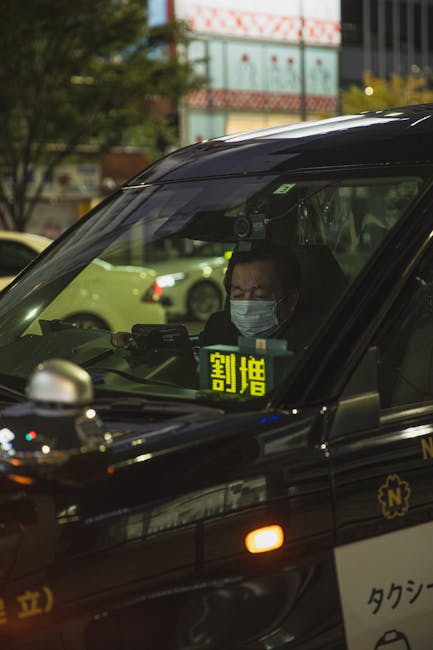Exploring Massage and Acupuncture During Pregnancy: What You Need to Know
By Bethany Kotlar, MPH, Teratogen Information Specialist, MotherToBaby Georgia
Pregnancy is often a challenging journey, filled with physical discomforts and emotional ups and downs. Many expectant mothers seek relief through various therapies, and two common queries at MotherToBaby are about the safety of massage and acupuncture during pregnancy.
Want a Massage? Here’s the Rub…
As a MotherToBaby information specialist, I delved into the research to understand the effects of massage during pregnancy. While massage can indeed alleviate aches, reduce stress, and improve overall wellbeing, there are considerations to keep in mind.
- Studies suggest massage can be beneficial for pregnant women, helping reduce stress and ease depression symptoms.
- The first trimester is a delicate phase; thus, some experts recommend avoiding massage during this period, especially massages involving heat near the stomach or lower back. Overheating might increase the risk of birth defects.
- Always choose a therapist trained to work with pregnant women to avoid undue pressure on sensitive areas. Avoid deep tissue massages as their safety isn’t well-documented.
- If you’re late in pregnancy, certain pressure points might be suggested to induce labor, but it’s best to wait until you are at least 39 weeks along to consider them.
What About Acupuncture? A Few Points…
Acupuncture involves inserting tiny needles into specific body points to alleviate various symptoms. While it’s often recommended for nausea and pain during pregnancy, evidence on its effectiveness varies.
- Current studies do not indicate an increased risk of birth defects due to acupuncture during pregnancy.
- Ensure your acupuncturist is experienced in working with pregnant women and uses sterilized, single-use needles to prevent infections.
- Similar to massage, avoid acupuncture points associated with labor induction until after 39 weeks.
As always, consult your healthcare provider before starting any treatment. For more advice, contact MotherToBaby experts via call, text, live chat, or email.
For further information, visit our fact sheet on hyperthermia or MotherToBaby.org for a wealth of resources.
Bethany Kotlar, MPH, a certified Childbirth Educator, specializes in Maternal and Child Health. She is part of MotherToBaby Georgia, a service of the Organization of Teratology Information Specialists (OTIS).
MotherToBaby is a trusted resource, endorsed by the Centers for Disease Control and Prevention (CDC), offering guidance on exposures during pregnancy and breastfeeding. Reach out to us via our toll-free number, text service, or explore our Android and iOS app for comprehensive support.




